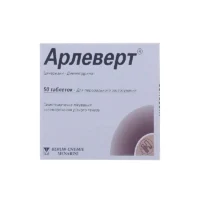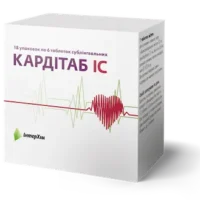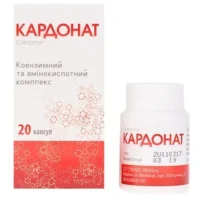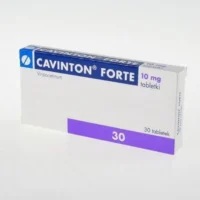Description
Serdolekt (Sertindole) Coated Tablets 4 mg. №30
Ingredients
Active ingredient: Sertindole 4 mg.
Other ingredients: lactose monohydrate, maize starch, hydroxypropylcellulose, magnesium stearate, hypromellose, macrogol, titanium dioxide (E171).
Dosage
Recommended dosage: The usual starting dose is 4 mg once daily. Your doctor may adjust the dose based on your condition. Do not exceed the recommended dose without medical advice.
Indications
Serdolekt (Sertindole) coated tablets are indicated for the treatment of schizophrenia in adults.
Contraindications
Do not use Serdolekt tablets if:
- You are allergic to sertindole or any other ingredients in the product.
- You have a history of heart rhythm problems.
- You are taking certain medications that may interact with sertindole.
Directions
Take Serdolekt tablets exactly as prescribed by your doctor. Swallow the tablet whole with a glass of water. Do not crush or chew the tablet.
Scientific Evidence
Serdolekt (Sertindole) has shown efficacy in the treatment of schizophrenia through various clinical trials. A study published in the Journal of Clinical Psychopharmacology demonstrated that sertindole was effective in reducing symptoms of schizophrenia compared to a placebo.
Additional Information
Pharmacological effects: Sertindole acts as an antagonist at various neurotransmitter receptors in the brain, including dopamine and serotonin receptors. This mechanism helps in alleviating the symptoms of schizophrenia.
Clinical trials: In a comparative effectiveness study published in the Journal of Psychiatry and Neuroscience, sertindole was found to be as effective as other antipsychotic medications in the treatment of schizophrenia, with a favorable side effect profile.





